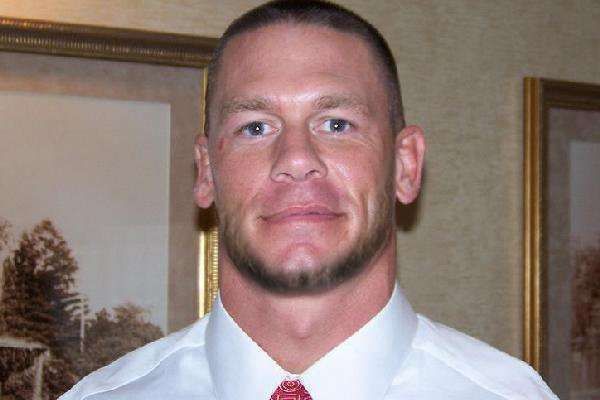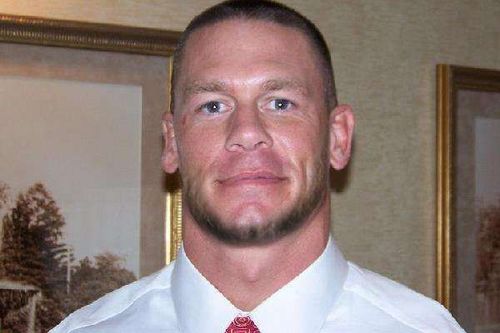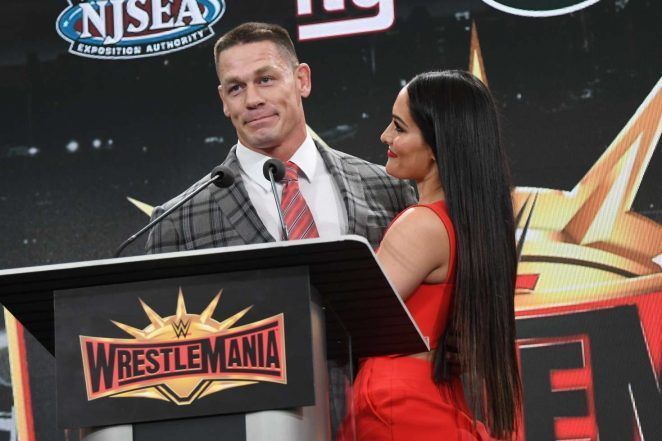
5 biggest reasons behind John Cena wrestling part-time in WWE

For long, John Cena has been the WWE’s top ambassador the world over.
Be it inside the ring or at a run-of-the-mill corporate event, Cena continues to proudly wave the WWE flag—reiterating his ideals of “Hustle, Loyalty and Respect”.
However, as of late, Cena’s blossoming Hollywood career has led to him assuming a part-time role as an in-ring competitor in WWE. Regardless, what’s highly-intriguing in Cena’s case is that it isn’t merely his acting career that’s caused the significant change, but several other factors that are seemingly overlooked by fans and experts.
Today, we finally break down the walls, and take a closer look at why John Cena wrestles on a part-time schedule in WWE—
#5 Media-duty and WWE representation

John Cena is perhaps one of the greatest talkers in the history of the professional wrestling business. While his athleticism and in-ring skills are unquestionable, it’s his gift of gab that indeed got him to the pinnacle of sports-entertainment in the first place.
It was in 2008 that WWE adopted a new format for its programming, and overhauled the entire promotion as a PG-company with content that caters to audiences of any and every age category.
Around the same time, one of the company’s top stars, John Cena, subsequently found himself taking center-stage as one of the primary ambassadors of the WWE brand worldwide.
Cena has been putting in an enormous amount of media and PR (Public Relations) work for the WWE over the past decade—something that has increased exponentially since 2012.
Media obligations and PR work have, for long, been noted as responsibilities that require the sportsperson in question to cut back on their sporting activities and simultaneously increase the time and effort devoted toward promoting the organization they represent.
One of the most glaring examples of a sportsperson/promotional representative cutting back on their in-ring competition, so as to focus on media obligations, is boxing legend Floyd Mayweather Jr.—who competed only once or twice a year during the latter stages of his career while also donning the hat of a promoter/company representative.